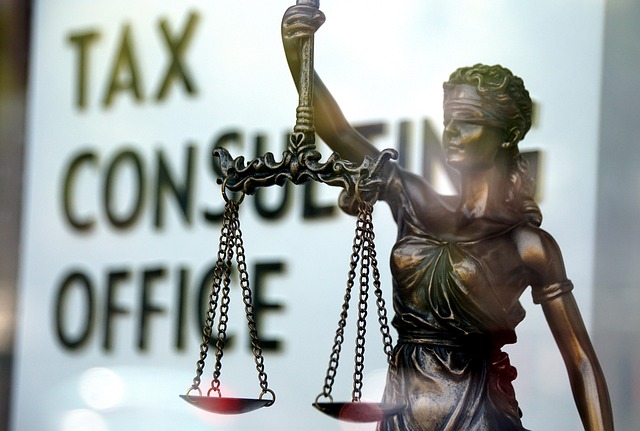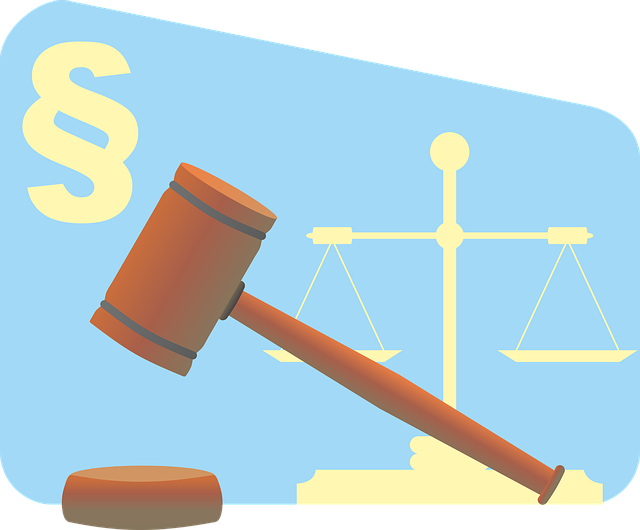Plea bargaining in environmental crime trials offers numerous benefits, including quicker resolutions, evidence preservation, and favorable outcomes for defendants. This strategy encourages guilty pleas from perpetrators, allowing resources to address initial harm and prevent further ecosystem damage. By negotiating agreements, both justice and efficiency are balanced, with reduced sentences and practical remedies resulting in restorative outcomes for the environment and those involved.
“Environmental Crime Trials: Uncovering a Hidden Frontier of Justice
This article delves into the complex landscape of environmental offenses, exploring how trials play a pivotal role in uncovering and prosecuting these hidden crimes. We analyze the delicate balance between achieving justice and ensuring procedural efficiency, particularly through plea bargaining – a powerful tool with significant benefits in criminal cases.
By examining real-world scenarios, we uncover best practices for balancing accountability and resolution in environmental crime trials.”
- Uncovering Environmental Offenses: The Role of Trials
- Plea Bargaining: A Tool for Justice and Efficiency
- Balancing Accountability and Resolution in Practice
Uncovering Environmental Offenses: The Role of Trials

Uncovering environmental offenses requires a meticulous process, and trials play a pivotal role in this pursuit. These legal proceedings serve as a powerful tool to bring perpetrators to justice and ensure accountability for damaging our planet. Through rigorous investigations and evidence presentation, trials expose the truth behind destructive activities such as pollution, habitat destruction, and illegal logging.
One effective strategy that often unfolds in environmental crime trials is plea bargaining. This process offers various benefits, including quicker resolutions for high-stakes cases, which can be crucial for preserving evidence and securing winning challenging defense verdicts. By negotiating pleas, prosecutors can secure guilty pleas from individuals or businesses responsible for environmental crimes, thereby allowing resources to be allocated towards addressing the initial harm and preventing further damage to the respective business and ecosystem.
Plea Bargaining: A Tool for Justice and Efficiency

In environmental crime trials, plea bargaining serves as a powerful mechanism to balance justice with efficiency in legal proceedings. This strategy allows defendants facing serious environmental charges to negotiate a plea agreement with prosecutors. By doing so, they acknowledge guilt and agree to specific penalties, often resulting in reduced sentences compared to potential convictions after trial. The benefits are multifaceted: it expedites the lengthy process of investigative and enforcement stages, as both parties share information and resources; it provides a resolution that can be more favorable for the defendant, particularly in complex cases where evidence is scarce or contested; and it allows prosecutors to focus their efforts on other high-priority matters within the broader context of environmental justice.
Plea bargaining is not merely a shortcut but a strategic tool for all parties involved, especially considering the unique challenges posed by environmental crimes. For general criminal defense attorneys, negotiating plea deals can be an effective strategy to protect their clients’ interests while ensuring that the appropriate level of accountability is maintained throughout all stages of the investigative and enforcement process. This approach reflects a pragmatic yet just approach to adjudicating environmental offenses, reflecting the evolving nature of environmental law and its pursuit of sustainable justice.
Balancing Accountability and Resolution in Practice

In environmental crime trials, balancing accountability with resolution is a delicate act. While achieving justice and deterring future offenses are paramount, efficient case management is equally crucial to avoid prolonging legal battles. One effective strategy that has gained significant traction in criminal jurisprudence is plea bargaining. The benefits of plea bargaining in environmental cases are manifold; it allows for the swift resolution of matters, reduces the strain on judicial resources, and enables both parties to focus on collaborative solutions rather than adversarial outcomes.
This approach can lead to agreements that offer more practical and effective remedies than a drawn-out trial. For instance, instead of aiming for a complete dismissal of all charges, which may not always be feasible or desirable, plea bargaining might result in reduced sentences, community service, or restitution. As such, it presents an opportunity to achieve extraordinary results—reconciliation between justice and environmental preservation—while avoiding the labyrinthine complexities of litigation. This strategy not only benefits the court but also fosters a general criminal defense approach that prioritizes restorative outcomes over mere punishment.
Environmental crime trials play a pivotal role in holding perpetrators accountable for damaging our planet. By examining the nuances of plea bargaining, we uncover an efficient tool that balances justice and resolution. While each case is unique, understanding the benefits of plea bargaining in criminal cases can facilitate more effective prosecution of environmental offenses, ultimately fostering a sustainable future by ensuring accountability.






